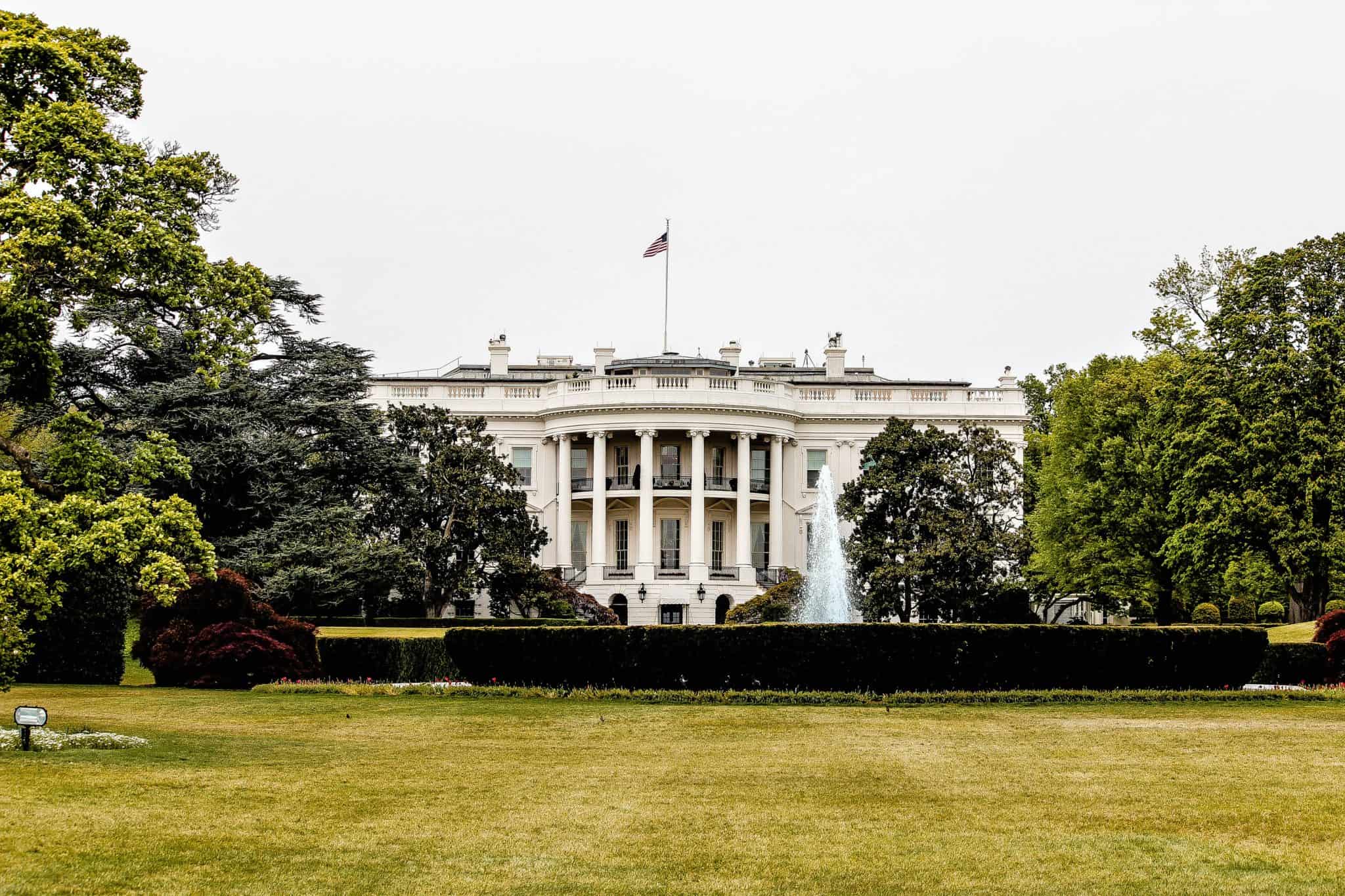
Fred Messner is a student at Harvard Law School.
Good news continues to emerge about the contents of the $1.9 trillion stimulus bill that passed the Senate over the weekend. As the New York Times reports, the bill includes an $86 billion support package for 185 ailing union pension plans. The plans, which cover employees in industries like construction where workers frequently jump between employers, have been pushed toward insolvency by the combination of an aging workforce, industry bankruptcies, and a misguided attempt to fund outlays by investing in the financial markets, rather than through member dues and employer contributions. The Senate plan is unique in its straightforwardness. While prior rescue efforts have involved loans from the Treasury or an insurance-like mechanism, the bill that passed the Senate proposes to simply send much needed cash. As Sen. Sherrod Brown (D-OH) explained, the rescue plan’s inclusion in the bill is a “really big deal.”
The Democratic Socialists of America (DSA) kicked off a multi-month campaign on Sunday to support the Protecting the Right to Organize Act (PRO Act), which was introduced in the House in early February. The PRO Act aims to remove many of the obstacles to organizing that are embedded in current labor law. For example, the Act would prevent employers from holding captive audience meetings in the run-up to union elections, remove them from the process of setting election procedures, and strengthen penalties for retaliation against pro-union employees. Moreover, the Act would ban collective and class action waivers in employment contracts and make it far more difficult for employers to exempt themselves from workplace safety and minimum wage obligations by classifying workers as independent contractors. The PRO Act has passed the House before, and organizers hope that it may have a better chance to pass the Senate in the current political climate.
The Washington Post reports that President Biden’s promises to both support the labor movement and aggressively combat climate change have come into some tension in policy debates over new oil pipelines. While the President’s decision to rescind the permit needed to construct the Keystone XL pipeline drew praise from environmental groups, labor organizations that hoped to fill jobs on the pipeline have been more critical. More broadly, some labor leaders have expressed concern over the lack of union density and correspondingly poor wages available in renewable energy jobs as compared to fossil fuel–related ones. In some instances, an AFL-CIO leader explained, a job on an oil or gas installation can pay around $70 thousand per year more than a comparable one in the less unionized wind or solar sector. Still, labor leaders are giving the President the benefit of the doubt as the new administration finds its footing. Given President Biden’s longstanding relationship with the labor movement, at least some retain “confidence that he’s the right guy at the right time.”
On Sunday evening, organizers from the Retail, Wholesale, and Department Store Union disclaimed the call for a week-long boycott of Amazon that went viral over the weekend. As Kevin mentioned yesterday, organizers of the boycott had asked consumers to respect a “virtual picket line” by refraining from using any Amazon products or making any purchases from its online store. As HuffPost’s primary reporter on the Bessemer beat explained, calls to inflict economic pain on Amazon are misplaced at this particular moment, as they play into Amazon’s messaging that a union would hurt its business and threaten jobs. Beyond the aborted boycott call, the Bessemer workers’ organizing campaign continues to draw high-profile endorsements. Most recently, Tom Morello of Rage Against the Machine fame tweeted out a video message of support for the nascent union.
Finally, in a widely discussed interview with Oprah Winfrey, Meghan Markle compared the Screen Actors Guild–American Federation of Television and Radio Artists (SAG–AFTRA) favorably with the British royal family, noting that whereas “in [her] old job there was a union and they would protect” her, no such support was forthcoming when she approached the royal family’s human resources department for help with mental health issues stemming from the racist abuse she endured at the hands of the British media and other members of the family.






Daily News & Commentary
Start your day with our roundup of the latest labor developments. See all
July 9
In Today’s News and Commentary, the Supreme Court green-lights mass firings of federal workers, the Agricultural Secretary suggests Medicaid recipients can replace deported farm workers, and DHS ends Temporary Protected Status for Hondurans and Nicaraguans. In an 8-1 emergency docket decision released yesterday afternoon, the Supreme Court lifted an injunction by U.S. District Judge Susan […]
July 8
In today’s news and commentary, Apple wins at the Fifth Circuit against the NLRB, Florida enacts a noncompete-friendly law, and complications with the No Tax on Tips in the Big Beautiful Bill. Apple won an appeal overturning a National Labor Relations Board (NLRB) decision that the company violated labor law by coercively questioning an employee […]
July 7
LA economy deals with fallout from ICE raids; a new appeal challenges the NCAA antitrust settlement; and the EPA places dissenting employees on leave.
July 6
Municipal workers in Philadelphia continue to strike; Zohran Mamdani collects union endorsements; UFCW grocery workers in California and Colorado reach tentative agreements.
July 4
The DOL scraps a Biden-era proposed rule to end subminimum wages for disabled workers; millions will lose access to Medicaid and SNAP due to new proof of work requirements; and states step up in the noncompete policy space.
July 3
California compromises with unions on housing; 11th Circuit rules against transgender teacher; Harvard removes hundreds from grad student union.